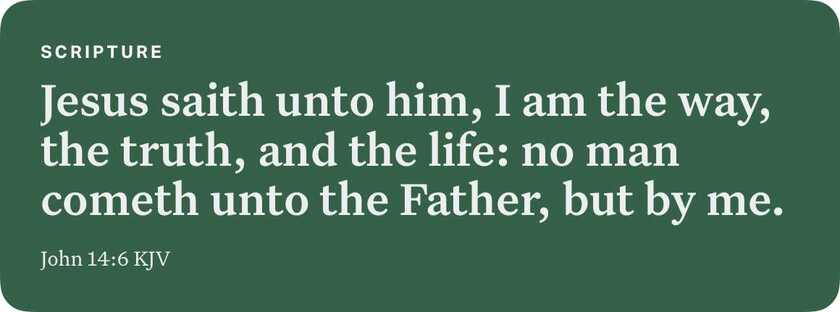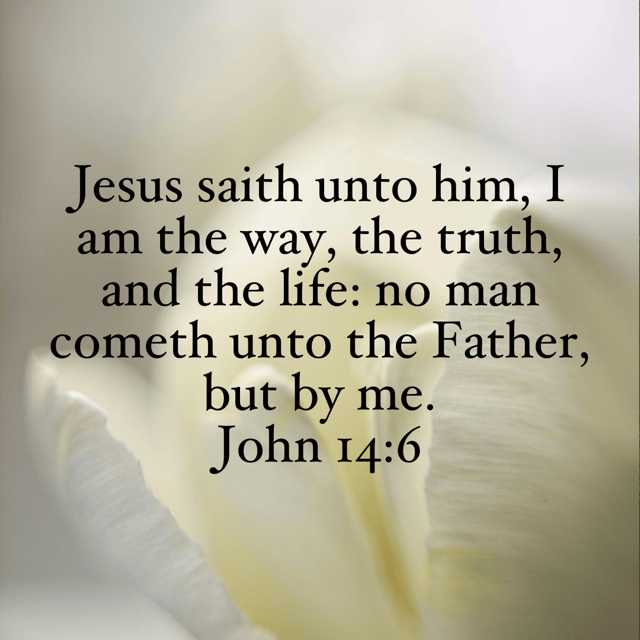I will share about Christian books I have read or listened to.
I will be sharing about my life before and after Christ. I will include stories about my pet and other pets I have encountered.
Heavy Weight Removed
We’ve all done things that weigh us down and make us wonder, “Why do I do what I know is wrong?”
In Scripture, sin is used to describe actions that miss the target God has asked us to aim for: living a life centered around loving God and others. While there are universal actions that dishonor God, small acts of disobedience also pull us away from Him. The apostle James wrote that “it is a sin to know what the right thing to do is, and then not do it” (James 4:17).
In other words, if you know what God is asking you to do, yet you still decide to disobey Him—then you’re undermining God’s authority in your life. Sin entices us because it is self-gratifying, but it results in eternal separation from God and others.
For a long time, there was no way for most people to draw near to God because God cannot be a part of anything that undermines His perfect character.
But while we were controlled by sin, Jesus came and died for us. And because of Jesus’ death and resurrection, we can now experience a life that isn’t ruled by our mistakes.
Jesus’ voluntary sacrifice and separation from God can lead to our reconciliation with Him. None of this is because we deserve it, but because God has always desired it.
While we might continue to struggle between doing right and wrong, we don’t have to face this struggle alone. And the great news is: God wants to help because He knows that we can’t overcome sin on our own.
So right now, take note of some of the things you are currently struggling with. Where do you need to give God control? Picture handing those things over to Jesus and allow Him to show you His love for you. He paid the price for your forgiveness. You only need to receive it.
“Then all Israel gathered themselves to David unto Hebron, saying, Behold, we are thy bone and thy flesh. And moreover in time past, even when Saul was king, thou wast he that leddest out and broughtest in Israel: and the LORD thy God said unto thee, Thou shalt feed my people Israel, and thou shalt be ruler over my people Israel. Therefore came all the elders of Israel to the king to Hebron; and David made a covenant with them in Hebron before the LORD; and they anointed David king over Israel, according to the word of the LORD by Samuel. And David and all Israel went to Jerusalem, which is Jebus; where the Jebusites were, the inhabitants of the land. And the inhabitants of Jebus said to David, Thou shalt not come hither. Nevertheless David took the castle of Zion, which is the city of David. And David said, Whosoever smiteth the Jebusites first shall be chief and captain. So Joab the son of Zeruiah went first up, and was chief. And David dwelt in the castle; therefore they called it ...
















